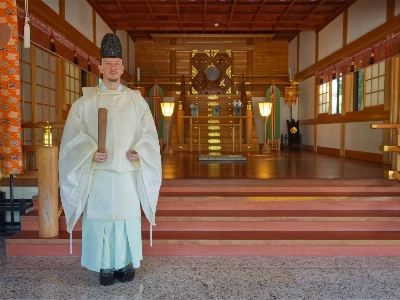Four researchers, including a Keio University medical doctor, had fraudulently received a combined 85 million yen in government subsidies for scientific research as of the end of fiscal 2004, according to officials of the Board of Audit of Japan.
The money provided by the science and health ministries was meant for research in advanced scientific fields, the officials said.
The recipients included a professor at the School of Medicine at Keio University, they said.
It is the first time the audit board has addressed whether subsidies for scientific research purposes were provided in an appropriate manner.
The researchers received 57 million yen from the Education, Culture, Sports, Science and Technology Ministry and 28 million yen from the Health, Labor and Welfare Ministry.
The Keio University professor, for example, fraudulently obtained 43 million yen from the ministries over several years, claiming the funds went toward such items as laboratory mice used for research on the human immune system.
The professor has told the audit board the money was actually used to buy laboratory equipment for different research not subject to the subsidy, the officials said.
Details of the money given to the three other researchers were not released.
In fiscal 2004, the education ministry provided 183 billion yen in scientific subsidies for 49,000 uses and the labor ministry 42 billion yen for 1,400 uses.


















With your current subscription plan you can comment on stories. However, before writing your first comment, please create a display name in the Profile section of your subscriber account page.